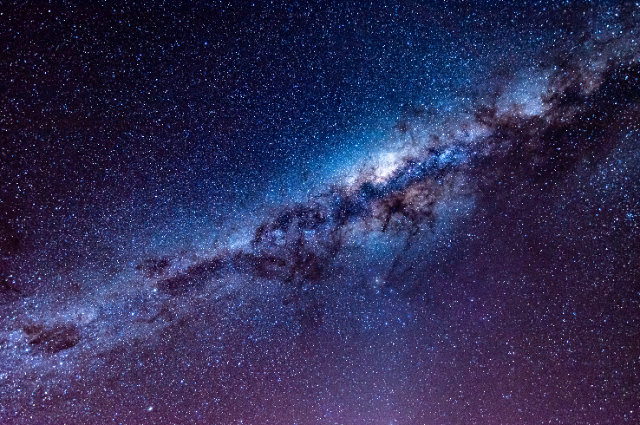
Photo by Graham Holtshausen on Unsplash
The concept of God according to science is a fascinating and controversial topic. Many people have different beliefs and opinions on this subject, but it is important to approach it with an open mind and a critical lens. In this essay, we will explore the various scientific perspectives on the concept of God and how they have shaped our understanding of religion and spirituality.
To begin with, it is crucial to note that science and religion have often been seen as conflicting ideologies. However, in recent years, there has been a growing recognition that they can coexist and even complement each other. Science seeks to understand the natural world through empirical evidence and logical reasoning, while religion deals with questions of meaning, purpose, and the transcendent.
One way in which science has influenced the concept of God is through the field of cosmology. Cosmologists study the origins and nature of the universe, and their findings have shed new light on the understanding of God. For centuries, religious traditions have posited the existence of a divine creator, but cosmological theories such as the Big Bang offer a scientific explanation for the origin of the universe.
Transition word: Additionally Additionally, neuroscientists and psychologists have explored the concept of God from a human perspective. They have used brain imaging techniques and psychological studies to understand how religious experiences and beliefs are processed in the human brain. These studies suggest that spiritual experiences have a neural basis and can be understood through scientific inquiry.
Furthermore, evolution has also shaped our understanding of God. The theory of evolution provides a scientific explanation for the diversity of life on Earth and challenges certain religious interpretations of creation. However, many religious believers have found ways to reconcile their faith with evolution, viewing it as a mechanism through which God works.
Another important aspect to consider is the role of miracles in the concept of God. Miracles are often seen as supernatural interventions in the natural order of things. While science by definition deals with natural phenomena, there have been instances where seemingly inexplicable events have occurred. Some scientists argue that these events may have natural explanations that we are not yet aware of, while others see them as evidence of the divine.
Moreover, the concept of God has also been explored through the realm of physics. Quantum physics, for instance, challenges our understanding of cause and effect and suggests the existence of a deeper underlying reality. Some physicists argue that this reality could be connected to a higher power or consciousness.
In conclusion, the concept of God according to science is a complex and multifaceted topic. Over the years, science has provided alternative explanations for various religious beliefs and experiences. However, it has also opened up new possibilities for understanding the divine in ways that are compatible with scientific inquiry. Ultimately, the concept of God remains a deeply personal and subjective matter, with science offering insights that can be interpreted and integrated into individual belief systems.
